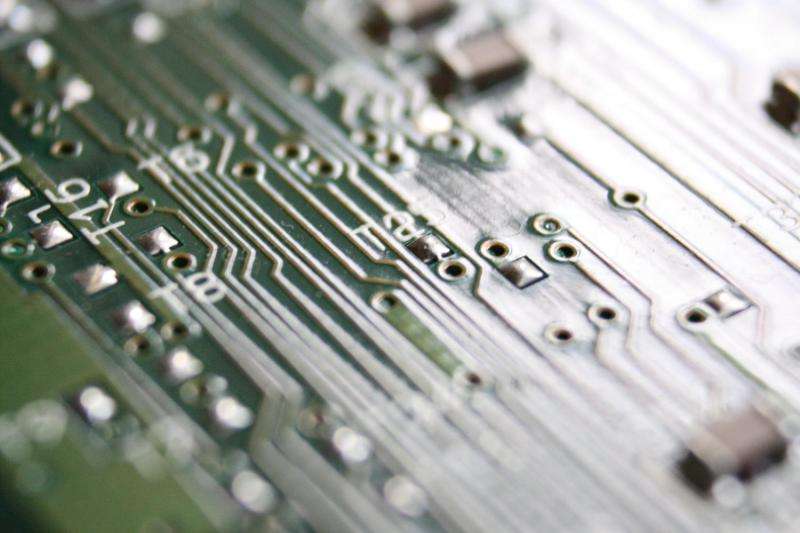Credit: Public Domain
High-tech automation is eliminating jobs like Pac-Man gobbling yellow dots. According to a 2013 study by the Oxford Martin School, 47 percent of U.S. jobs are susceptible to takeover by machines in the coming decades. Whether you work in manufacturing, the service industry, in medicine, law or any number of other industries, chances are that your occupation is in the middle of an unprecedented algorithm-driven paradigm shift. One area we tend to view as safe from automation is creativity - but perhaps even artists will soon have to compete with computers.
The tech industry has long been obsessed with the question of whether a machine can generate an original idea.
In the 1800s, mathematician and mechanical engineer Charles Babbage designed but did not complete an Analytical Engine, a proposed mechanical general-purpose computer. Ada Lovelace, arguably the world's first computer programmer, was impressed by the concept and worked on it with Babbage. Lovelace famously wrote of the machine: "(It) has no pretensions whatever to originate anything. It can do (only) whatever we know how to order it to perform."
Today, most people are familiar with Alan Turing's test of artificial intelligence, in which a computer tries to fool a human subject into believing that she is speaking with a person. But a growing number of computer scientists believe we should instead focus on what they term the Lovelace Test: a variation in which a computer is asked to prove its intelligence by coming up with a spontaneous creative idea, one its creator does not program.
Under that standard, I believe machines can be creative.
Recently, I ate my first meal from a recipe prepared by an artificial intelligence program - IBM's Watson, aka the machine that beat Ken Jennings in 2011 to become the first computer "Jeopardy!" champion. After that feat, IBM focused its attention on building a machine capable of carrying out creative tasks. The result was Chef Watson, which can assemble new recipes - not only by analyzing ingredients as a human chef would, but also by fusing flavors on a chemical level to find pairings that have rarely, if ever, existed before. (If you're looking for an unusual food pairing that works shockingly well, it's cherries and mushrooms.)
In south London, a company called Epagogix is fine-tuning a neural network - a vast artificial brain - that can help Hollywood predict hit movies by analyzing scripts using thousands of metrics. It can also advise how to tweak a script to make the film more profitable, much as a creative producer would do. (Epagogix won't divulge client details - suggesting that, although Hollywood producers have long since embraced computer-generated effects in movies, they're not yet ready to admit that robotic attention can benefit screenwriting too.)
This year, Google employed the same "deep learning" technology that powers Epagogix's neural network to build its Deep Dream project, which uses image recognition software to generate entirely new pictures. (The computer scans millions of images of, say, a chair, and then tries to draw one from scratch.) Other tech researchers are similarly using algorithms to write novels and generate music.
Training a computer to paint a picture of a chair might sound like a Rube Goldberg-type project. There are always going to be young human artists willing to work cheaply to generate new art - without a Google or IBM having to spend years and millions of dollars first.
But creative machines can and will enrich human life. Computers have been used for years to help design drugs; now "robot scientists" are coming up with new hypotheses and testing them. In engineering, computers that mimic evolutionary processes - called genetic algorithms - can come up with patentable concepts that seem counterintuitive but work better than many of the designs created by human engineers.
As is always the case with technology, we need to find a way to take the positives while minimizing the negatives. Will tomorrow's artists be an army of robots? Perhaps not, but if there's one thing the history of computer science and artificial intelligence has shown, it's that betting against machines is never smart.
More information: Luke Dormehl is the author of "The Formula: How Algorithms Solve All Our Problems ... and Create More." He wrote this for the Los Angeles Times.
©2015 Los Angeles Times
Distributed by Tribune Content Agency, LLC.





















